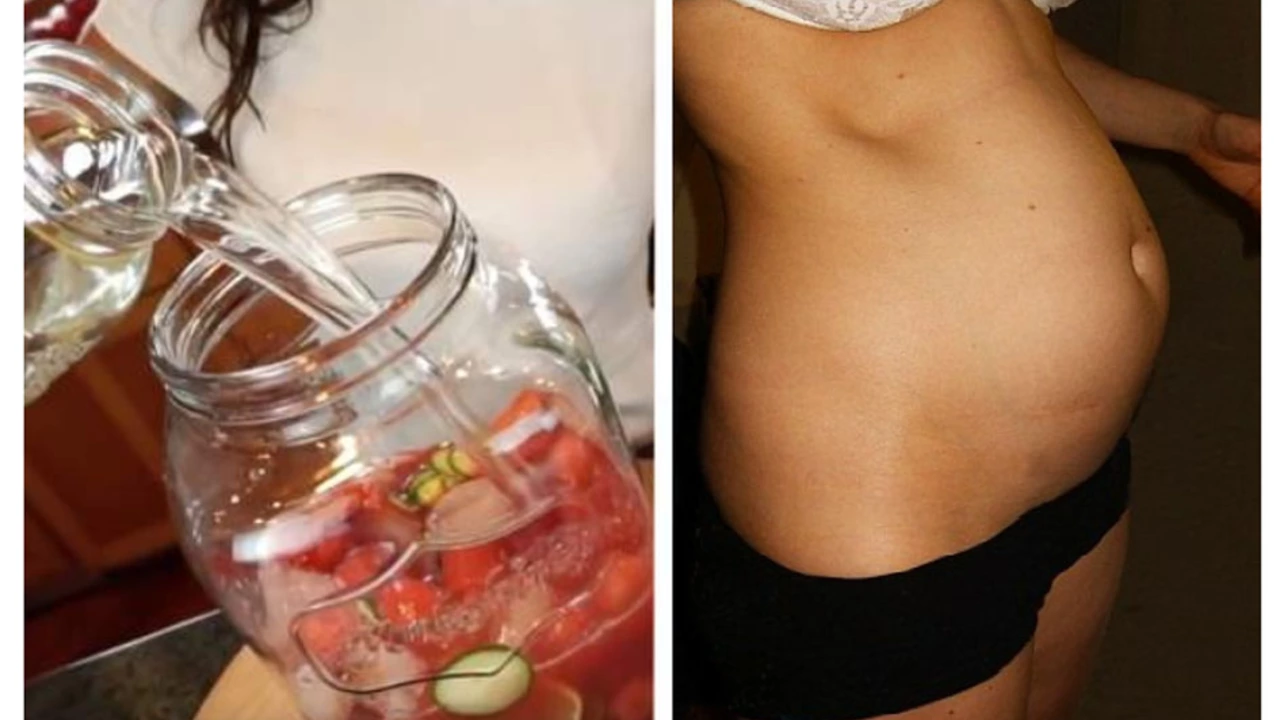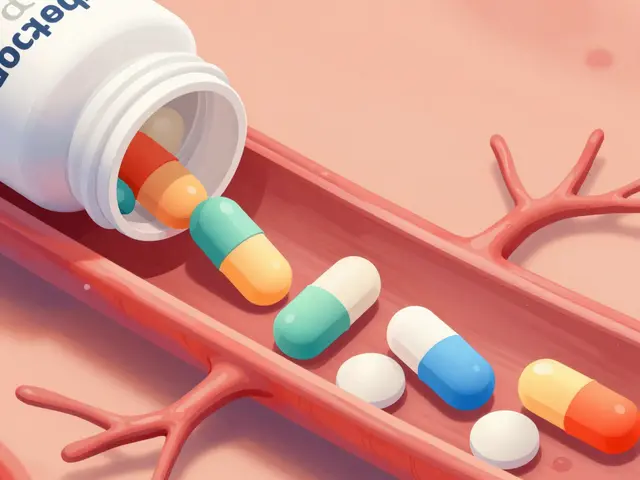Understanding Bloating During Your Period
In this section, we'll delve into why bloating occurs during your period. It's a common symptom experienced by many women and can be quite uncomfortable. Bloating happens due to hormonal fluctuations throughout your menstrual cycle. These hormones can cause your body to retain more water and salt, leading to a feeling of fullness or swelling in your abdominal area. It's not your fault, and it's not something you can control. However, there are ways to manage it, and that's what we'll discuss in this article.
Stay Hydrated
One of the most effective strategies for reducing bloating is to keep your body adequately hydrated. While it might seem counterintuitive to drink more water when you feel bloated, it actually helps your body to flush out the excess salt that's causing the water retention. Aim to drink at least eight glasses of water per day. You can also incorporate fruits and vegetables with high water content like cucumbers, watermelon, and strawberries into your diet.
Limit Sodium Intake
Reducing your sodium intake can significantly alleviate bloating. Foods high in salt can cause your body to hold onto more water. Try to limit processed foods, fast foods, and restaurant meals, which often contain high levels of sodium. Opt for fresh foods and cook at home when you can, where you have control over the amount of salt used.
Exercise Regularly
Exercise can help to reduce bloating. It helps your body to naturally expel gas and keeps your digestive system working efficiently. Even gentle exercises like walking or yoga can make a huge difference. It's important to listen to your body and not push yourself too hard, especially during your period. But getting up and moving can often provide some much-needed relief.
Eat Small, Frequent Meals
Eating smaller meals more frequently can prevent bloating. When you eat a large meal, your body has to work harder to digest it. This can lead to gas build-up and bloating. Instead of three large meals, try eating five or six smaller, balanced meals throughout the day.
Consider Over-the-Counter Remedies
There are over-the-counter remedies available that can help alleviate bloating. These include diuretics and gas-relieving medications. Always talk to a healthcare professional before starting any new medication, even if it's over-the-counter. They can provide advice on the best options for you and any potential side effects to watch out for.
Consult a Healthcare Professional
Lastly, if your bloating is severe or accompanied by other concerning symptoms, it's important to consult a healthcare professional. They can rule out any underlying conditions and provide personalized advice. Remember, it's always better to seek medical advice if you're worried about a health issue. Bloating during your period is common, but it shouldn't disrupt your daily life. If it does, don't hesitate to seek help.




Joey Yap on 21 July 2023, AT 17:29 PM
It's easy to feel overwhelmed when your body decides to hold onto extra fluid during that time of the month. I think the key is to remember that the swelling is a natural response to hormonal shifts, not a personal failure. Drinking water may sound counter‑intuitive, but it actually encourages your kidneys to release the excess sodium. Pairing water with high‑water‑content foods like cucumber or watermelon can make the process gentler. Gentle movement, such as a short walk, also helps keep the digestive system flowing. Above all, be kind to yourself and avoid self‑blame.